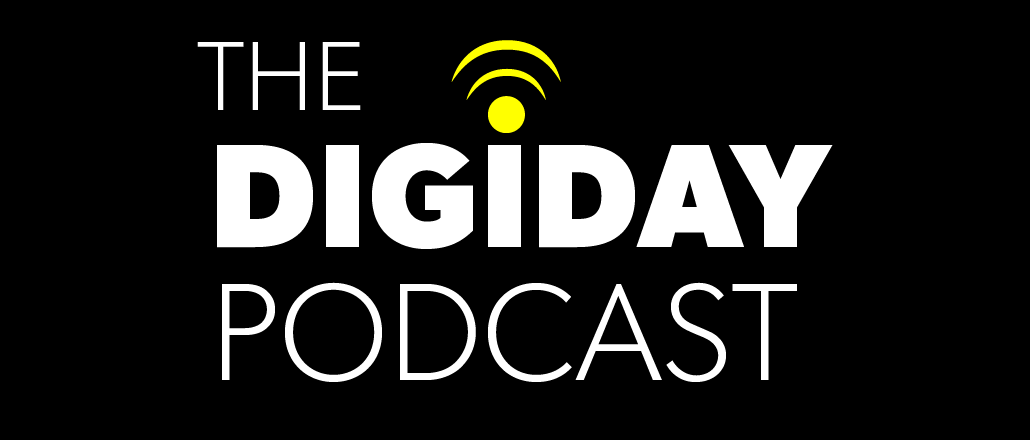
Facebook has arrived on the scene as a traffic-driving powerhouse. For some publishers, it has quickly eclipsed Google as the main source of their audience, accounting for up to 70 percent of traffic referrals.
For the nearly 2-year-old For the Win, a mobile and social-oriented publisher solely focused on shareable sports content, Facebook is critically important — but only to a degree. Instead, FTW, which sees only 1 percent of its 16 million-strong monthly audience coming directly to the site, is pursuing something of a portfolio strategy that includes: 1. Facebook; 2. Google; 3. USA Today; and 4. dark social.
In this week’s Digiday Podcast, Jamie Mottram, director of content development at USA Today’s sports group, joined me and Digiday platforms editor John McDermott to discuss the evolution of sharing services, and why the publication is putting a big emphasis on dark social sharing, such as emailing, texting and messaging services like WhatsApp.
Some highlights, edited for clarity:
Facebook dependency isn’t necessarily a big risk and can be a good problem to have.
“A lot of the things that help us succeed in Facebook help us succeed more generally on social platforms. If it were to fall and something else were to rise, that might level out.”
But publishers who rely on paid traffic from Facebook should worry.
“One publisher has figured out how to acquire fans at such a low rate to such an extent that when they received a new round of funding, they spent all of it on Facebook marketing.”
“They’re growing their audience and revenues higher than what they’re spending in marketing. That goes away as Facebook goes away. You can replace it by gaming some other system.”
Messaging has huge potential for driving traffic.
“From Day 1 on mobile, more of our users were using WhatsApp to share than Twitter. We can track what people are doing on our site. More people are using WhatsApp as an option. It continues to surprise me.”
“We felt people would text links to their friends. It’s a common behavior. It wasn’t a data-informed decision. More people were using SMS than were using WhatsApp, and more people were using WhatsApp than Twitter. Yesterday, two-thirds of shares were from email, WhatsApp and SMS.”
Email us with comments, questions and suggestions at podcast@digiday.com.
Subscribe: iTunes | RSS | Soundcloud
Sponsored by Bionic Advertising Systems
Intro music: Benny Reiner
More in Media

In Graphic Detail: The scale of the challenge facing publishers, politicians eager to damage Google’s adland dominance
Last year was a blowout ad revenue year for Google, despite challenges from several quarters.

Why Walmart is basically a tech company now
The retail giant joined the Nasdaq exchange, also home to technology companies like Amazon, in December.

The Athletic invests in live blogs, video to insulate sports coverage from AI scraping
As the Super Bowl and Winter Olympics collide, The Athletic is leaning into live blogs and video to keeps fans locked in, and AI bots at bay.





